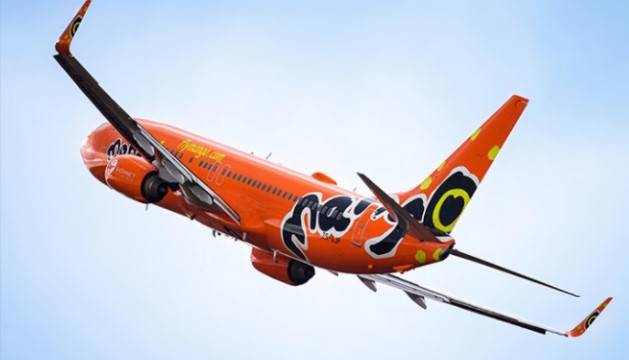
Mango's creditors have accepted R85 million less from government than the R819 million approved by Parliament in a special allocation 18 months ago, in a bid to avoid a long and possibly costly legal battle.
Mango has, accordingly, received a total of R734 million of the special allocation to date.
The R819 million for Mango was allocated from R10.5 billion approved by former finance minister Tito Mboweni in his 2020 medium-term budget for the implementation of the business rescue plan of Mango's parent company SAA. Mango itself was not in business rescue at the time.
SAA's rescue plan did not provide for funding of SAA's subsidiaries, including Mango. Therefore, the Department of Public Enterprises (DPE) asked Parliament for a special allocation of R2.7 billion to subsidiaries - including the R819 million for Mango.
Minister of Public Enterprises Pravin Gordhan told Parliament at the time that funding was also needed for SAA's subsidiaries Mango, SAA Technical and Air Chefs because of the important role they played within the SAA group. That was why the DPE had asked Treasury for R14 billion in total.
A gap in funding was, therefore, created when Treasury allocated R10.5 billion for SAA's business rescue plan only.
Mango went into voluntary business rescue at the end of July last year and has not flown since. It owes R2.85 billion to creditors, and also has about R183 million of unflown ticket liabilities. The airline cannot resume operations unless it secures an investor to buy and relaunch the airline.
Retrenchments
About R320 million of the special allocation was used towards payment of employee termination benefits arising from retrenchments, according to the latest report by the business rescue practitioner (BRP), Sipho Sono. All Mango's employees have been retrenched apart from a few retained on short-term contracts for critical care and maintenance activities required while the process to secure an investor continues.
In a memorandum to creditors, seen by Fin24, Sono explains that the special allocation does appear to allow the Minister of Finance, on request by the Minister of Public Enterprises, to re-allocate the special funds appropriated for SAA's subsidiaries among the subsidiaries to address urgent funding needs.
Furthermore, Sono explains to the creditors that, notwithstanding what the legal position underlying Mango's entitlement to the payment of the outstanding balance of R85 million is, the outcome of such litigation cannot be guaranteed and may involve a protracted process which will only result in further delays in the implementation of Mango's rescue plan as well as increased costs.
It can also possibly jeopardise the process to find a suitable investor to buy Mango. According to Sono's report, the sale process is already at an advanced stage.
"In terms of the offers received from the preferred and reserve bidders, their offers will be funded by their offshore partners. Although letters of funding support were provided to support the offers submitted by these bidders, the bidders have not been able to provide confirmations directly from their funding partners' bankers," Sono says in his report.
He has, therefore, granted these bidders until the end of July 2022 to comply. Mango's business rescue plan stipulates that any buyer will have to show it has access to at least R200 million to enable Mango to resume operations.
If Mango fails to find a buyer, the airline will end up being wound down, and its creditors will likely receive 10c in the rand, Sono estimates. This is about 3c in the rand less than the estimated dividend if Mango received the full R819 million Parliament approved as a special allocation.
Mango does not form part of the deal by which the Takatso Consortium will obtain a 51% stake in SAA. Global Aviation, a minority shareholder of Takatso, operates its own airline, LIFT.

